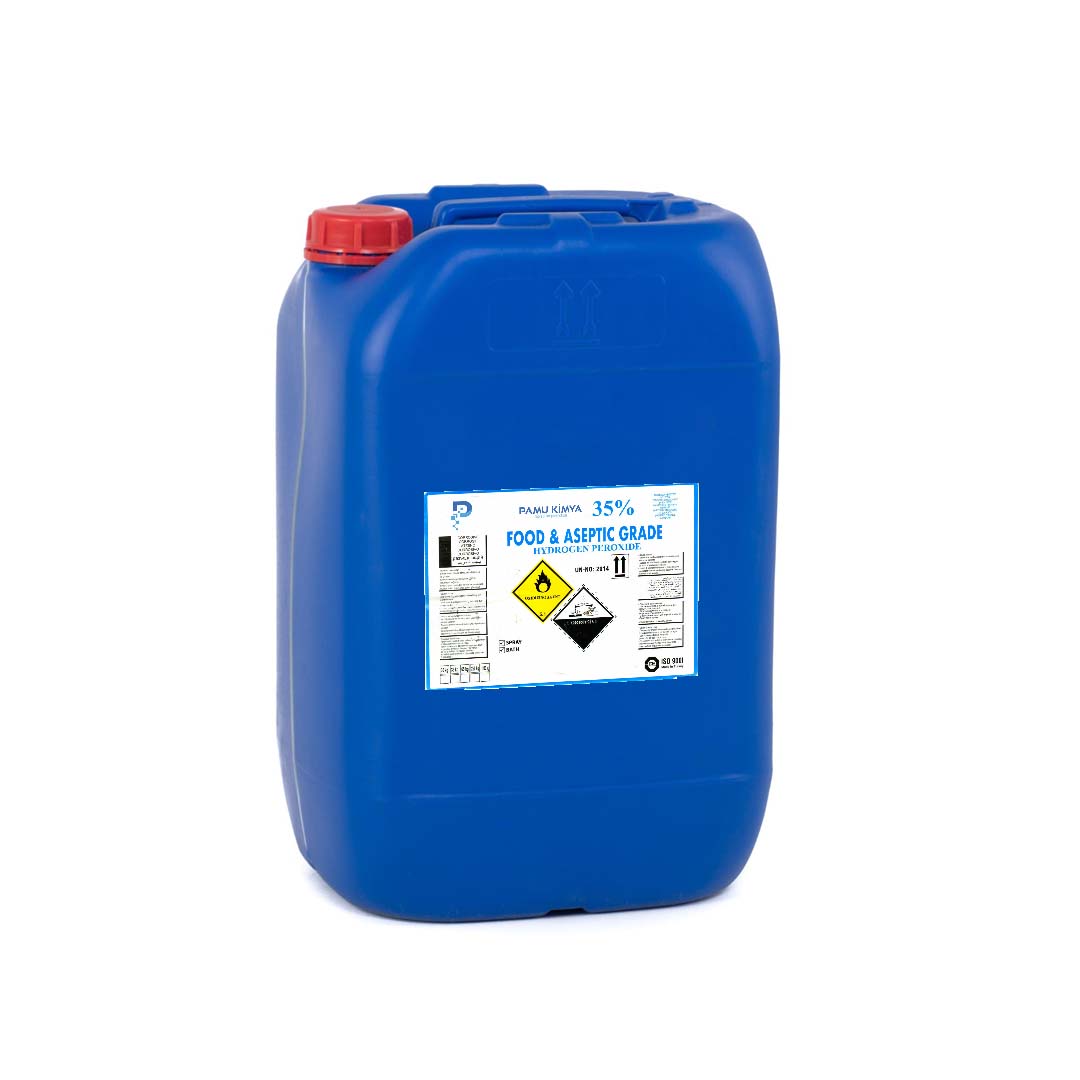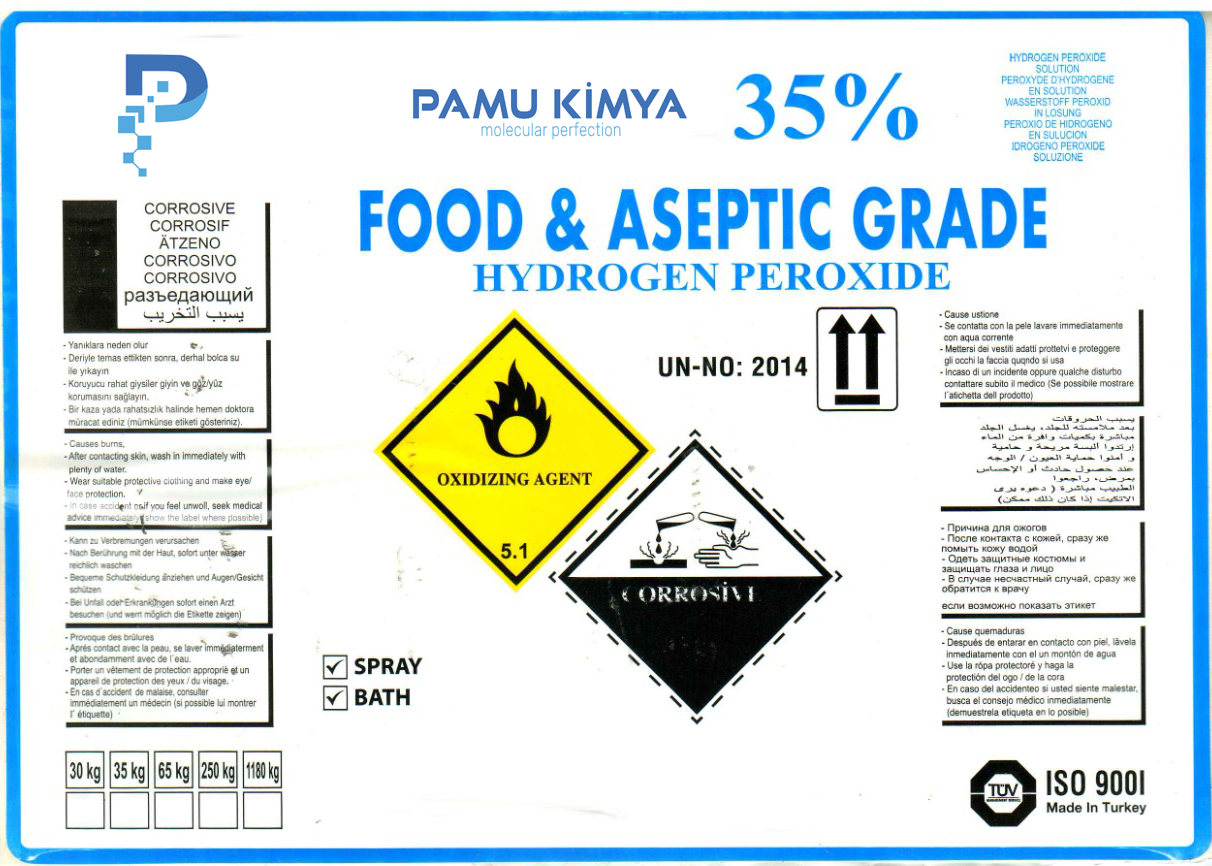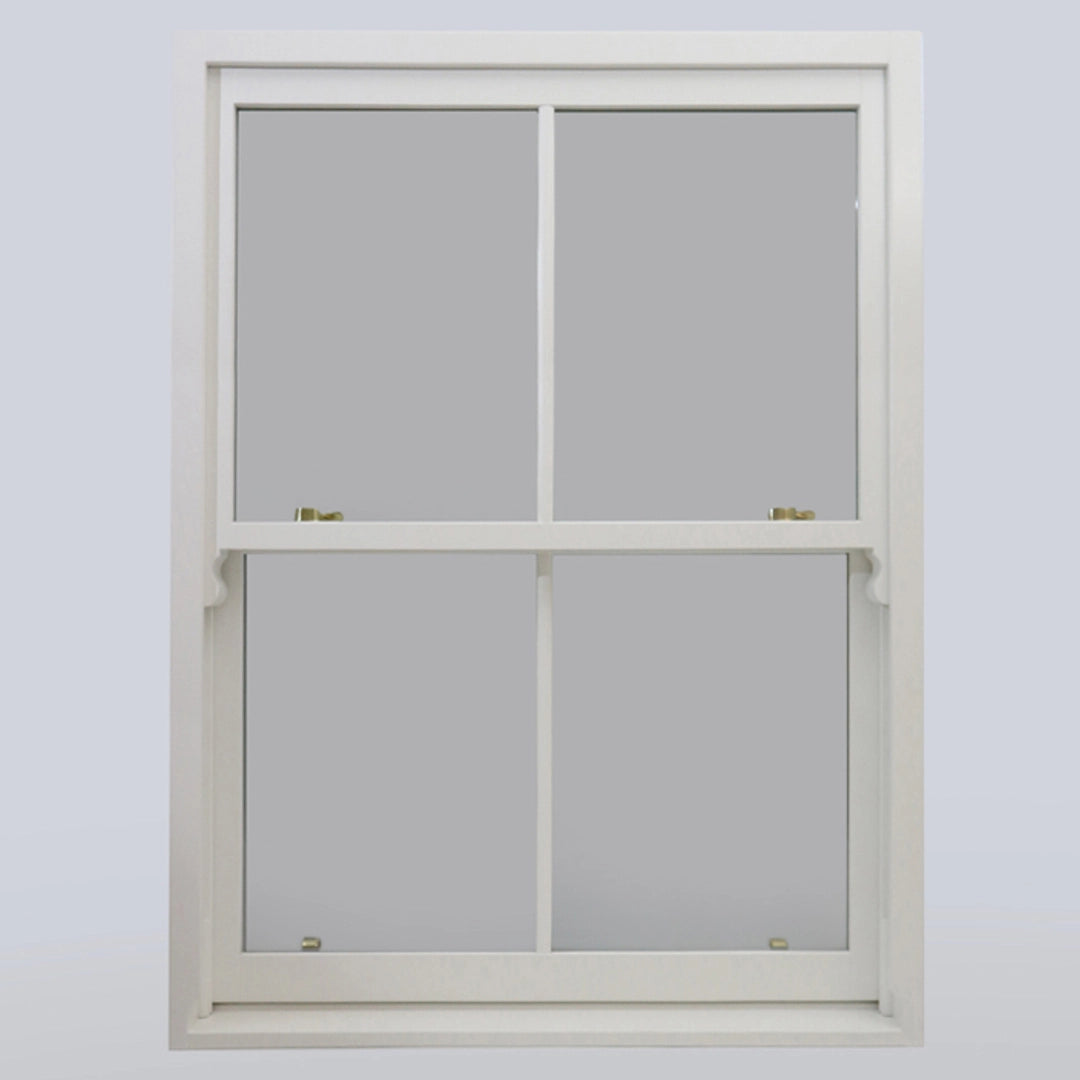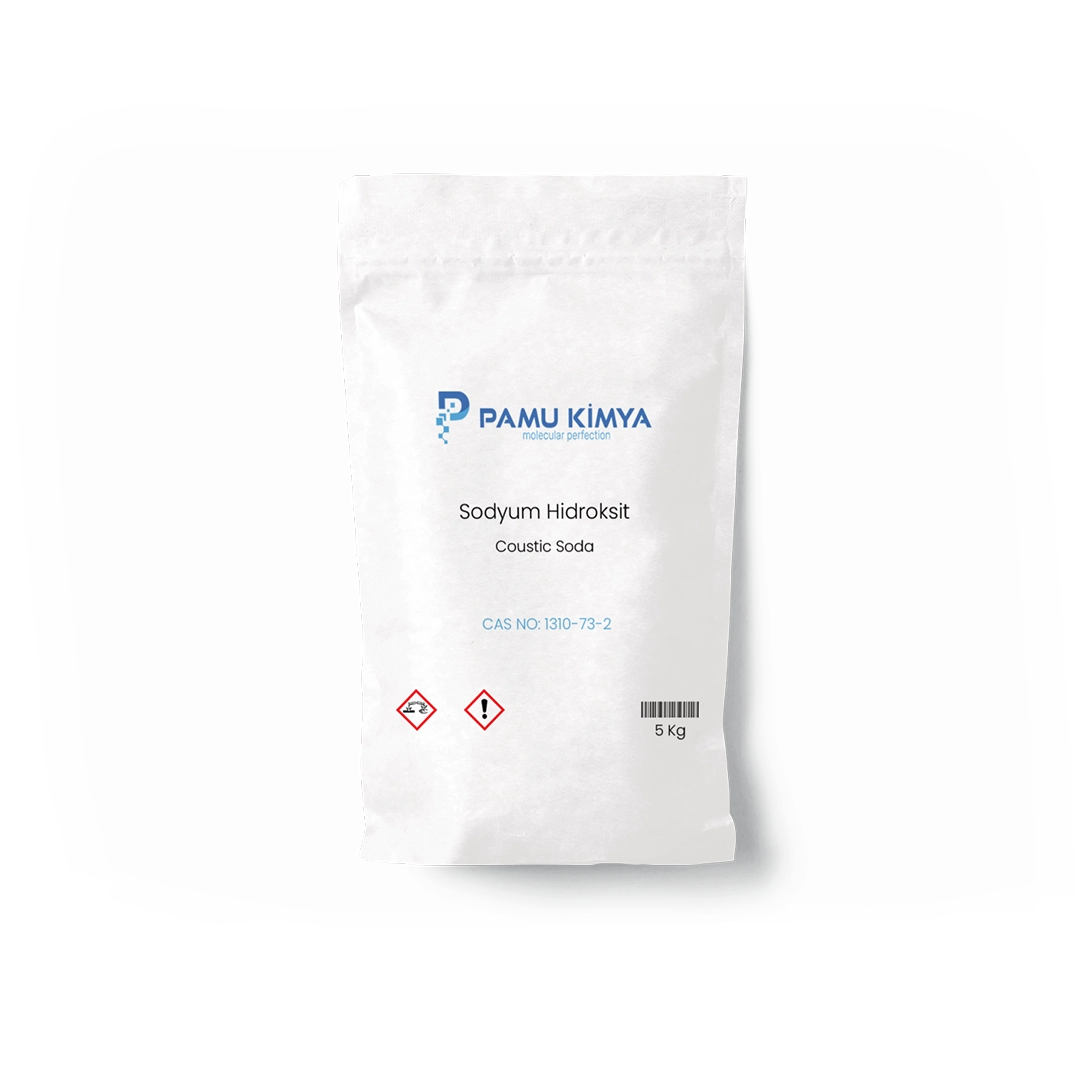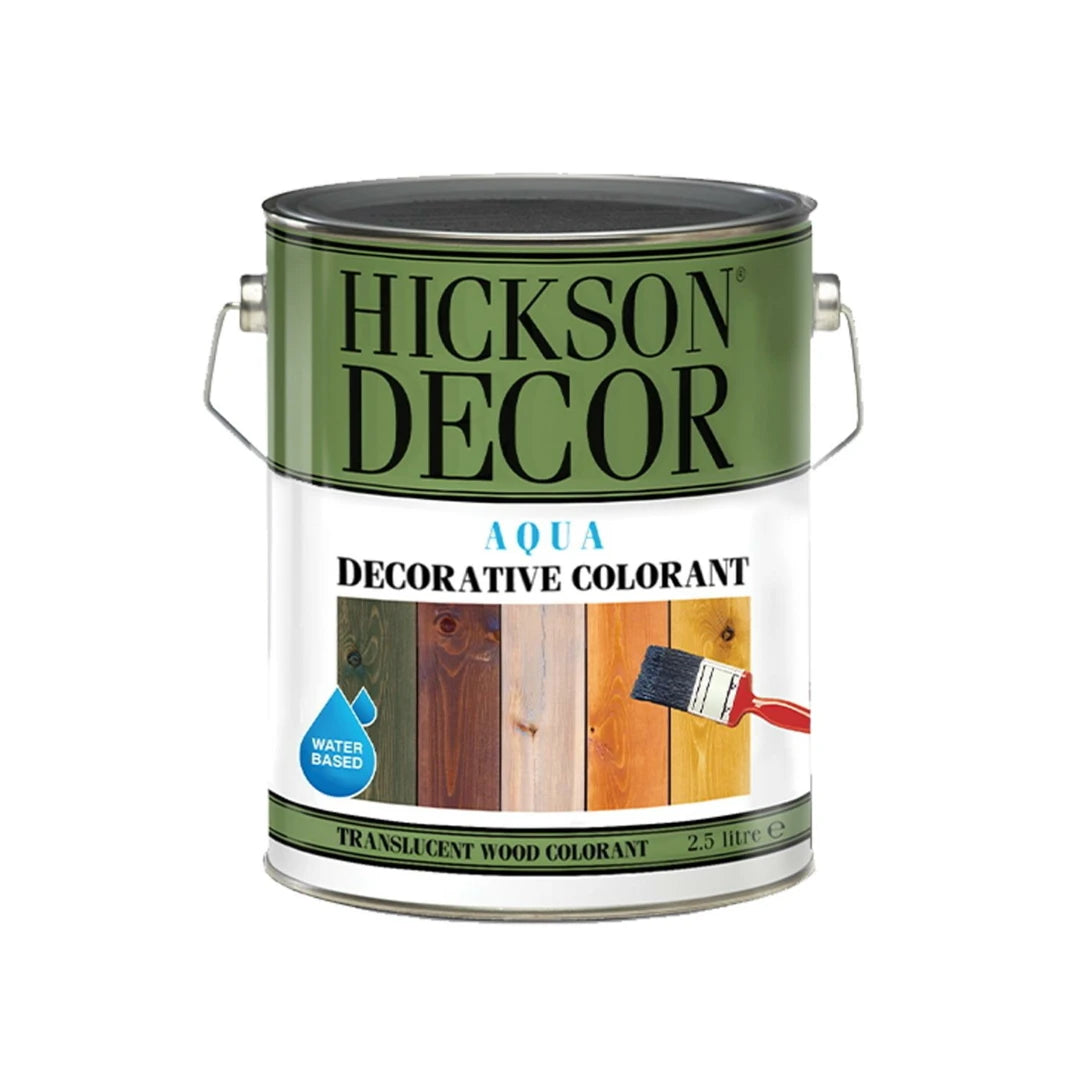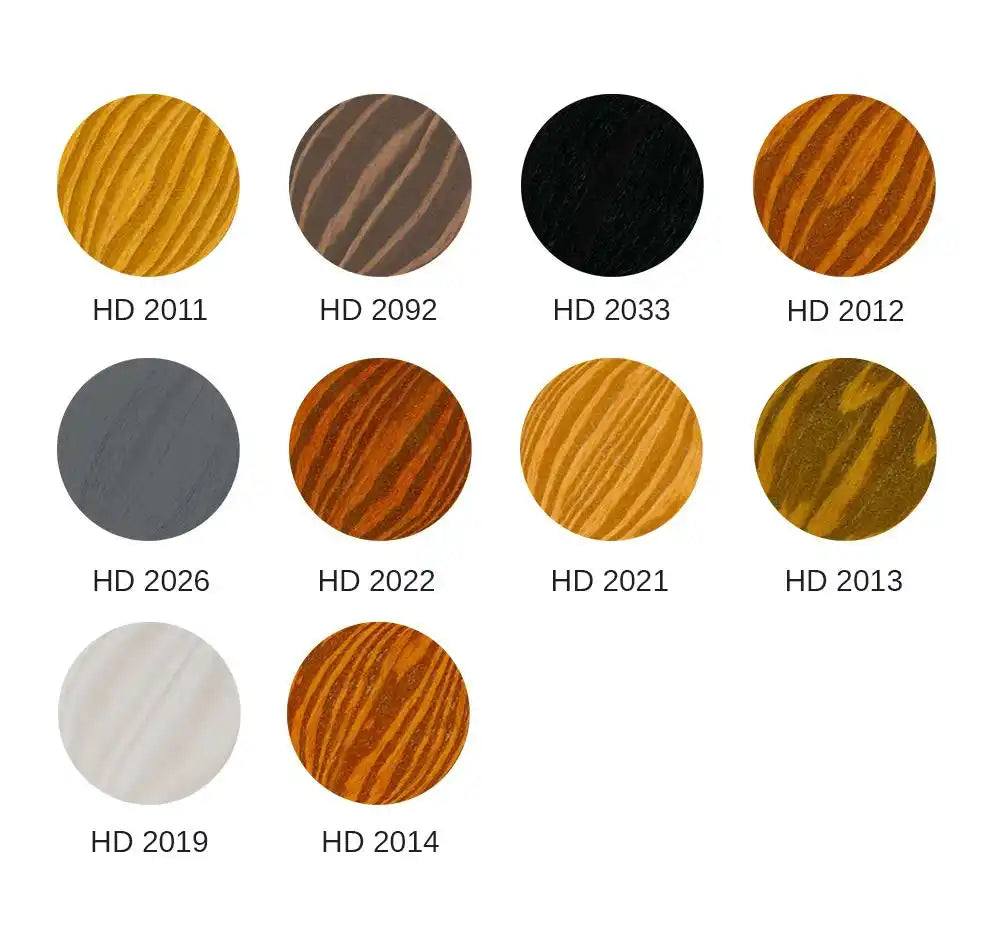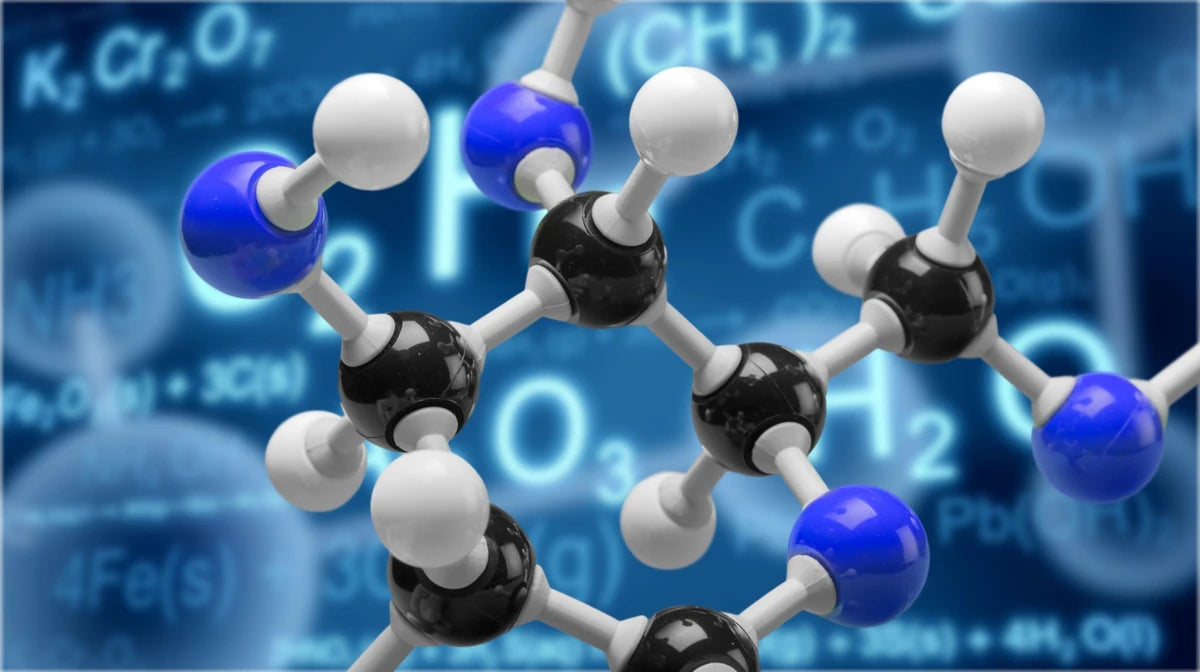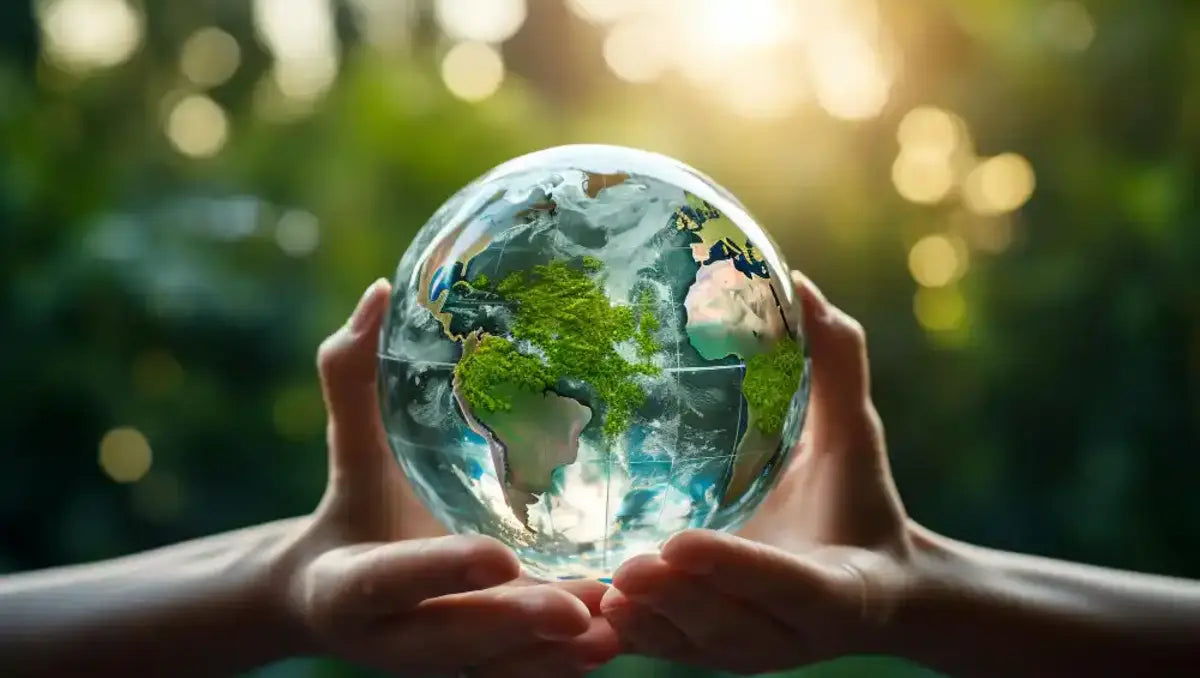
Sustainability
What is Sustainability?
The concept of sustainability was first mentioned in the UN's "Our Common Future" report in 1983. The question "What is sustainability?" is answered in its simplest form as producing without endangering the lives of other living beings today or in the future. Sustainability, which is a very broad concept, is basically addressed under the headings of environmental protection, economic growth and social development.
The concept of sustainable environment places the principle that existing resources are not unlimited at the center. Accordingly, the resources spent for production are used to the maximum extent in line with the needs and thus sustainability is targeted.
Economic sustainability means sharing resources fairly and consuming as much as necessary. As a result of excessive consumption, valuable minerals and various food resources are approaching the point of depletion.
The relationship between social development and sustainability focuses on the protection of human rights in all societies without discrimination. These include elements such as education, health, social justice, security, transportation, water and electricity.
What We Need to Know About Sustainable Living
Although divided into subheadings, all sustainability elements are interrelated. Societies that do not have sufficient environmental awareness from a social perspective may remain far from sustainability even if they grow economically.
Economies that are not built on the foundations of sustainability use existing resources as if they were unlimited. Excessive consumption of resources that include minerals, trees, and animals endangers the present and future of living things. The simplest example of this has recently been observed in the production of various electronic devices.
The availability of electronic components that use metal in their production is becoming more difficult than in the past. The main reasons for this are the mineral resources that are about to run out due to intensive consumption. However, a sustainable economy and production model can prevent this problem.
In sustainable production, broken devices are processed in recycling facilities. In this way, the amount of useless waste is reduced to almost zero and the dependence on mining for the production of new devices is reduced. The recycling process also significantly reduces the negative impact of production activities on the environment.
Principles of Sustainability
Sustainability principles aim to create a peaceful life, especially for future generations, as well as a culture that will continue. Sustainability principles are based primarily on respecting the rights of all living things while producing and consuming. Some of the principles of sustainability, which aim to create a better planet for everyone, are listed as follows:
- Buy and consume only as much as necessary.
- When consuming, take into account the needs of other living things.
- Use energy efficiently and prefer renewable energy sources.
- Use products that can be recycled.
- Proceed with consideration of the consequences of your actions.
- Reduce waste production to zero or use waste to produce a different benefit.




